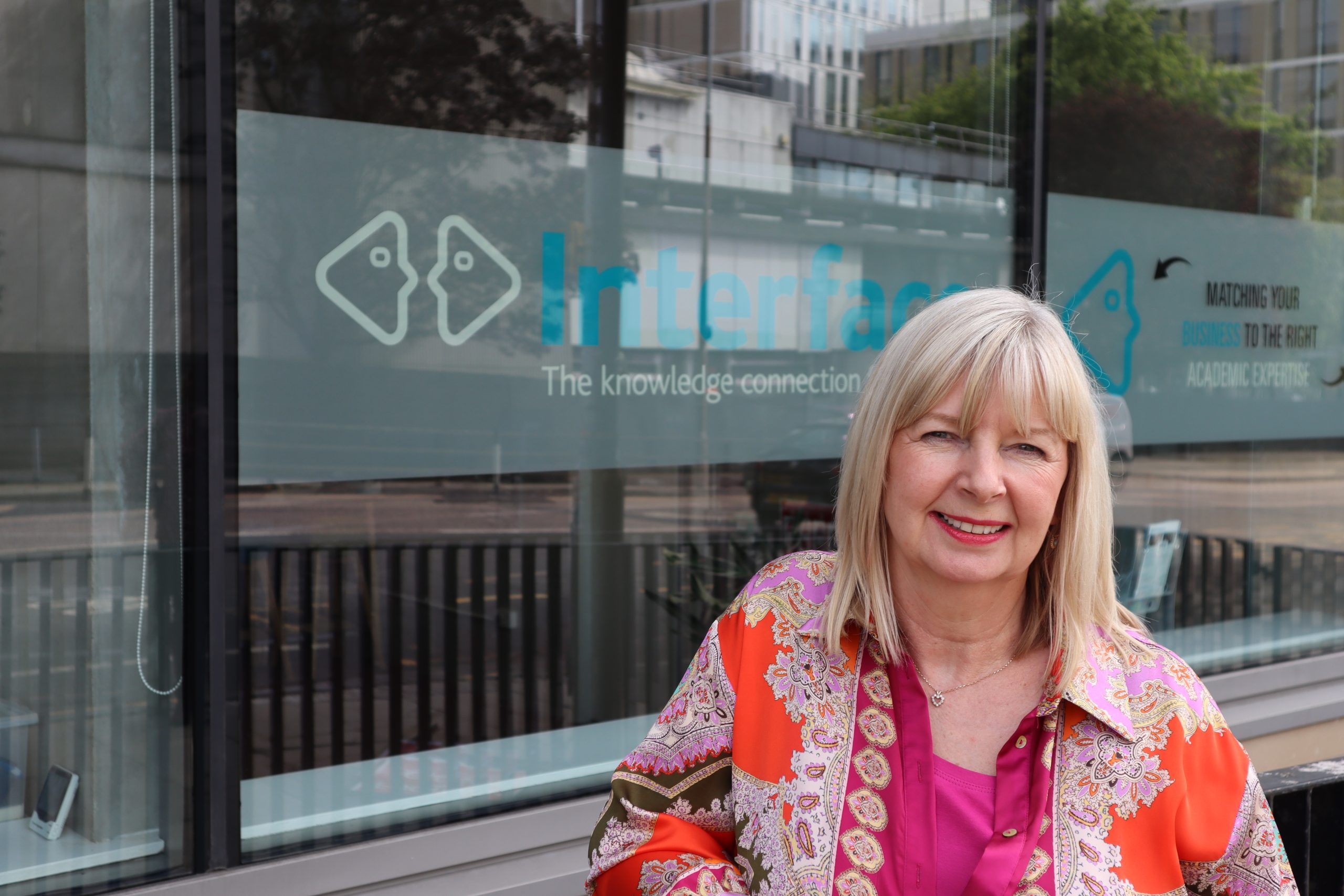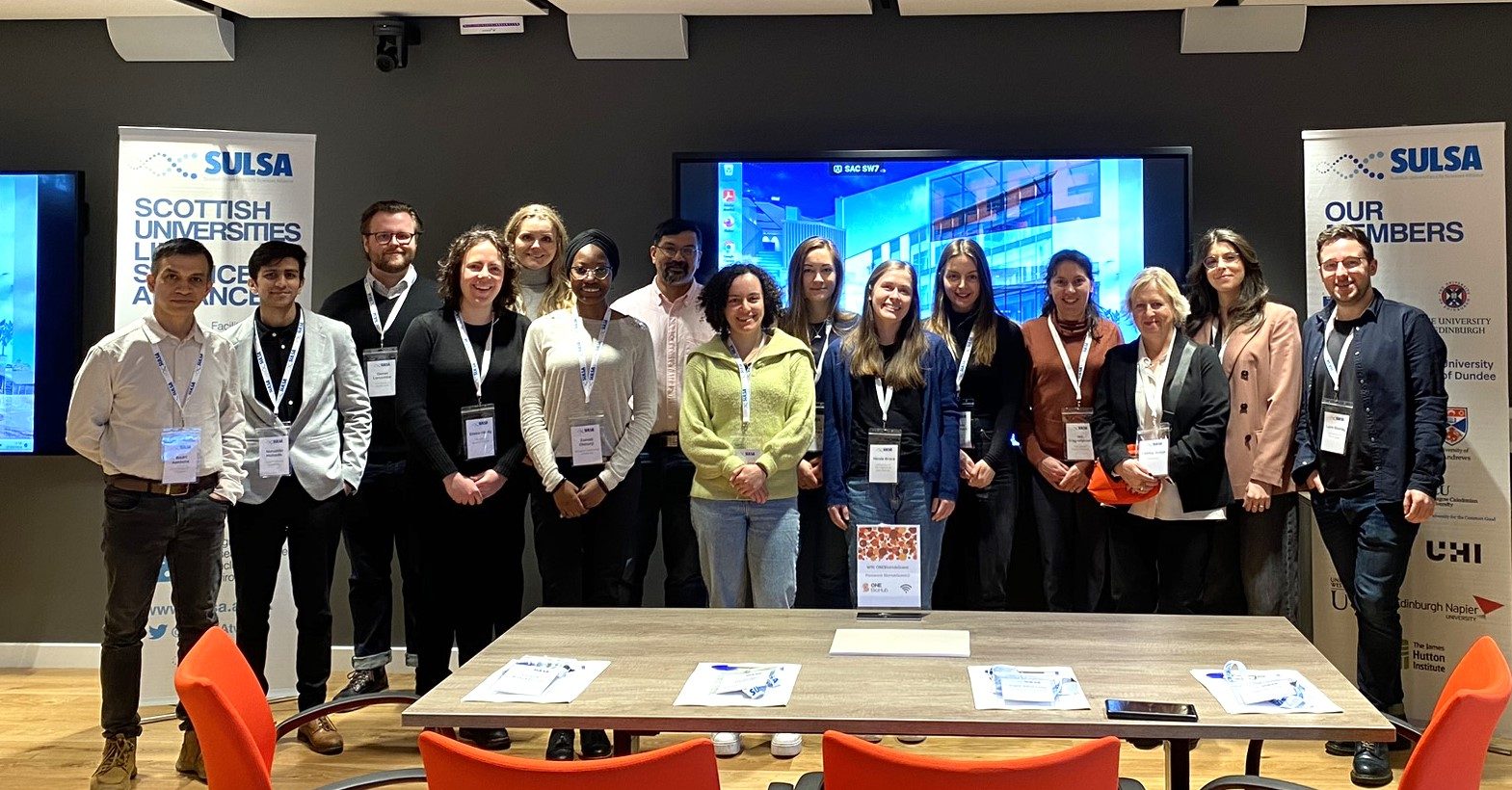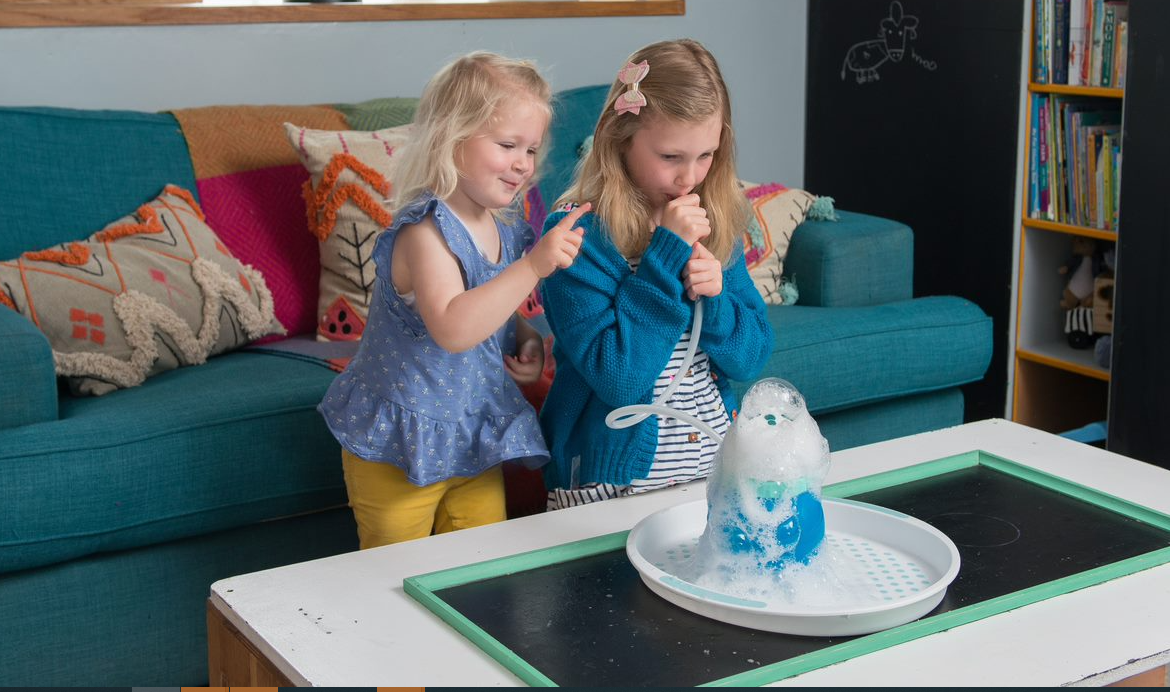Blog
Holistic health for mind and body

When people think ‘mental health’ it often comes with negative connotations, however mental health is something everyone has, and it is changeable. We can all experience poor mental health at times in our lives and knowing that you are not alone and can talk about it can help break down the stigma and allow us to access the support we need when we need it.
Alongside trained physical First Aiders, Interface currently has two mental health first aiders available for colleagues to reach out to. As a mental health first aider, trained through Mental Health Scotland (MHScot), our role is to act as a signpost, and be the initial support provided to a person who is experiencing problems with their mental health until they can be seen by a professional or provided with additional support. As we are hosted by Edinburgh Innovations Ltd, and therefore part of the University of Edinburgh, we are lucky to have a whole host of resources available to us at Interface to support our mental health.
Mental health, like physical health, can be the reason for a huge variety of conditions, from stress to substance abuse to eating disorders to name a few, and it is very much a place where one size does not fit all. The most common mental health problem is anxiety, and it is the focus of this year’s Mental Health Awareness Week (15 May – 21 May).
Poor mental health can develop both outside and inside of the workplace and there are several factors which can contribute to it making it harder to cope. The cost of living crisis, bereavement, unmanageable workloads, long hours, lack of control over work and even lack of involvement when the workplace is undergoing change can all lead to poor mental health. Key findings from Working Lives Scotland include that “Of those who have experienced anxiety in the last year, two thirds (66%) say that their job was a contributing factor. More than half (58%) who have experienced depression said that work was a contributing factor.”
With employees adopting different work patterns, and new words entering our everyday lexicon, from hybrid to Work from Anywhere schemes, it is important that the workplace, however it is set up, promotes good mental health as much as possible. Welbot Limited, who Interface have worked with on several projects since they received a Scottish Funding Council Innovation Voucher in 2017 with the University of Strathclyde, have homed in on digital interventions to help combat the adverse effects of sedentary, desk-bound work lifestyles by creating their workplace wellness platform. Their software features prompts for daily physical and mental health exercises including hydration, nutrition and screen breaks, which are all delivered through desktop notifications that pop up at intervals on the user’s computer screen during the working day.
Another company creating tools to improve mental health is Get Set Yeti, who are developing an educational app for building resilience and positive mental health in children.
Working with the University of Dundee, and supported by Interface, the company is developing an educational platform that specialise in storytelling and character-based learning following funding through a Scottish Funding Council Innovation Voucher. The tool helps educators to teach younger children about Growth Mindset and help them to develop skills to become confident and resilient learners from the beginning of their school journey.
At Interface we work across a wide range of both academia and businesses, and we hope that this year we can spread the word to help to break down the stigma around mental health concerns that people are facing, whether this is through day-to-day activities within our team or through businesses we are working with.
Nicola Brooks and Suzy Powell are Interface’s Mental Health First Aiders.



